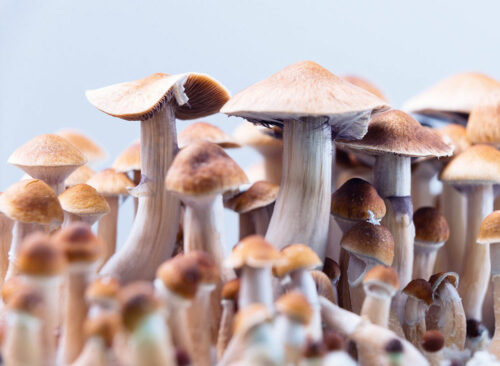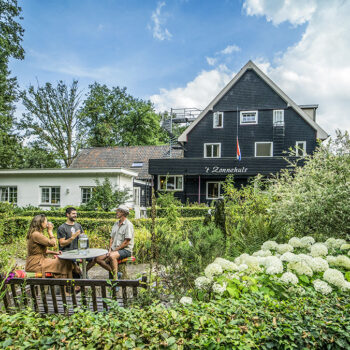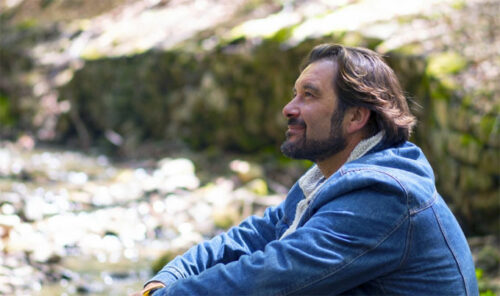Who Is a Psilocybin Retreat Really For?
A supervised psilocybin retreat is not suitable for everyone. It is intended for adults who are capable of introspection and willing to commit to a demanding process.
Most participants arrive with a clear intention: to move beyond an emotional blockage, clarify a life transition, understand trauma or repetitive patterns, or regain inner coherence. This work requires maturity and mental availability.
That is why a detailed medical screening is required before approval: psychiatric history, current treatments, and cardiovascular health. Our programmes provide a clear framework thanks to this rigorous selection process.
However, Tangerine Retreat does not provide prescriptions or therapeutic treatment for mental health conditions under any circumstances. The retreat is not therapy: participants are encouraged to seek appropriate care independently.
In Practical Terms, What Do You Experience During the Stay?
The stay alternates between group time and individual conversations. The first day or days focus on preparation: clarifying intention, reviewing possible effects of psilocybin, and working on “set and setting”.
The ceremony usually lasts between four and six hours. It takes place lying down, in a secure environment, with a structured music programme and continuous presence from the team. Each participant receives support without unnecessary intrusion.
The following days focus on integration: putting the experience into words, identifying insights, and translating them into concrete changes in daily life.






